
News
Stay informed with the latest updates and research at the intersection of AI and animal welfare by subscribing to our AI for Animals newsletter.
Roughly once a month, you’ll receive an email newsletter with a brief overview of a specific topic relating to AI and animals, along with the latest news and other useful resources.
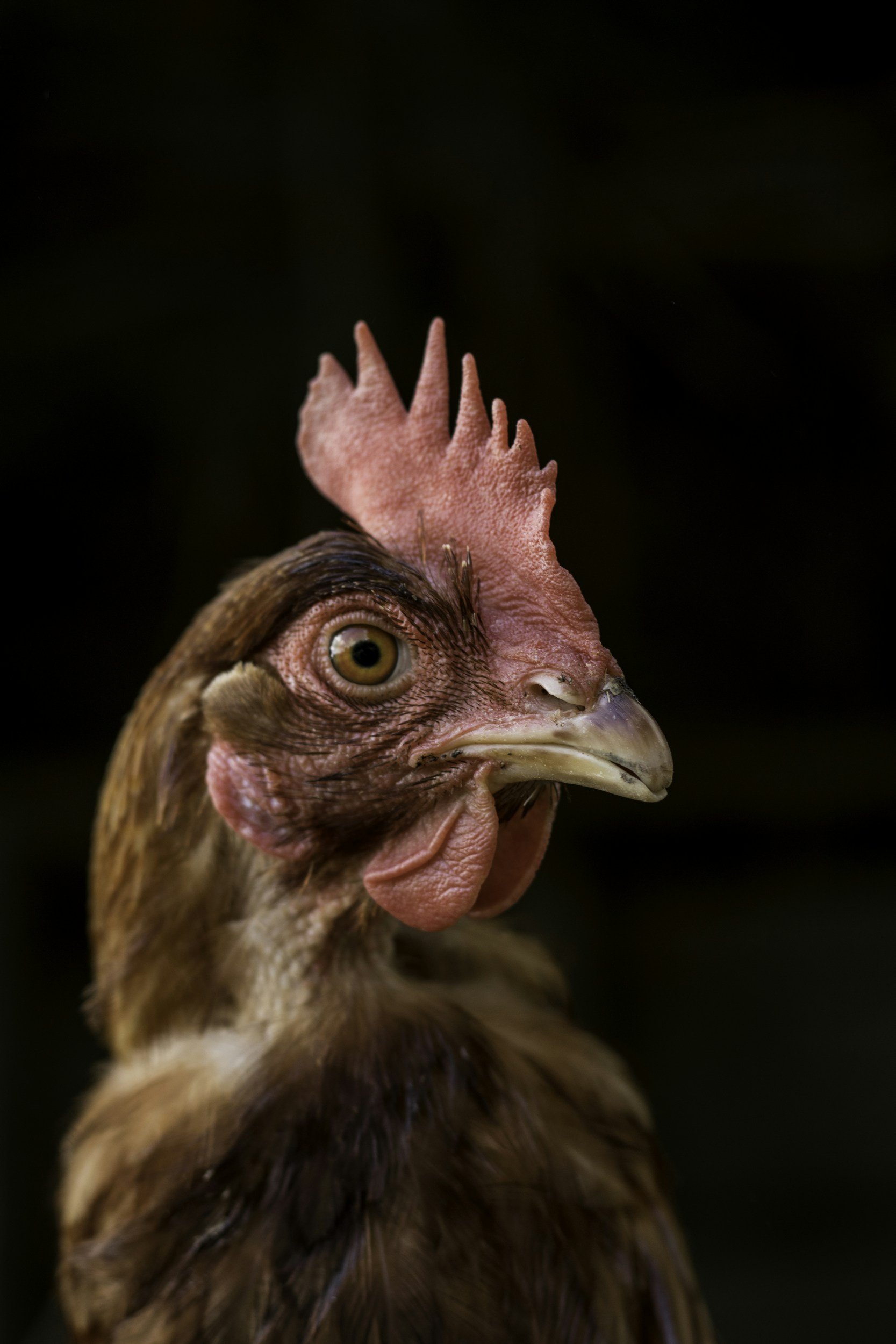
AI Helps To Create Lab-Grown Meat (FORBES)
Scientists are using artificial intelligence to improve lab-grown meat production in two key ways: modeling the structure of meat proteins to optimize their design, and analyzing laboratory growth conditions to make the process more efficient - in one case improving growth rates from 6% to 14%. While this technology is advancing, current production remains limited, with leading companies producing only about 50,000 pounds annually and facing challenges of high costs, though analysts value the market at $200 million with projected 15% annual growth through 2030.
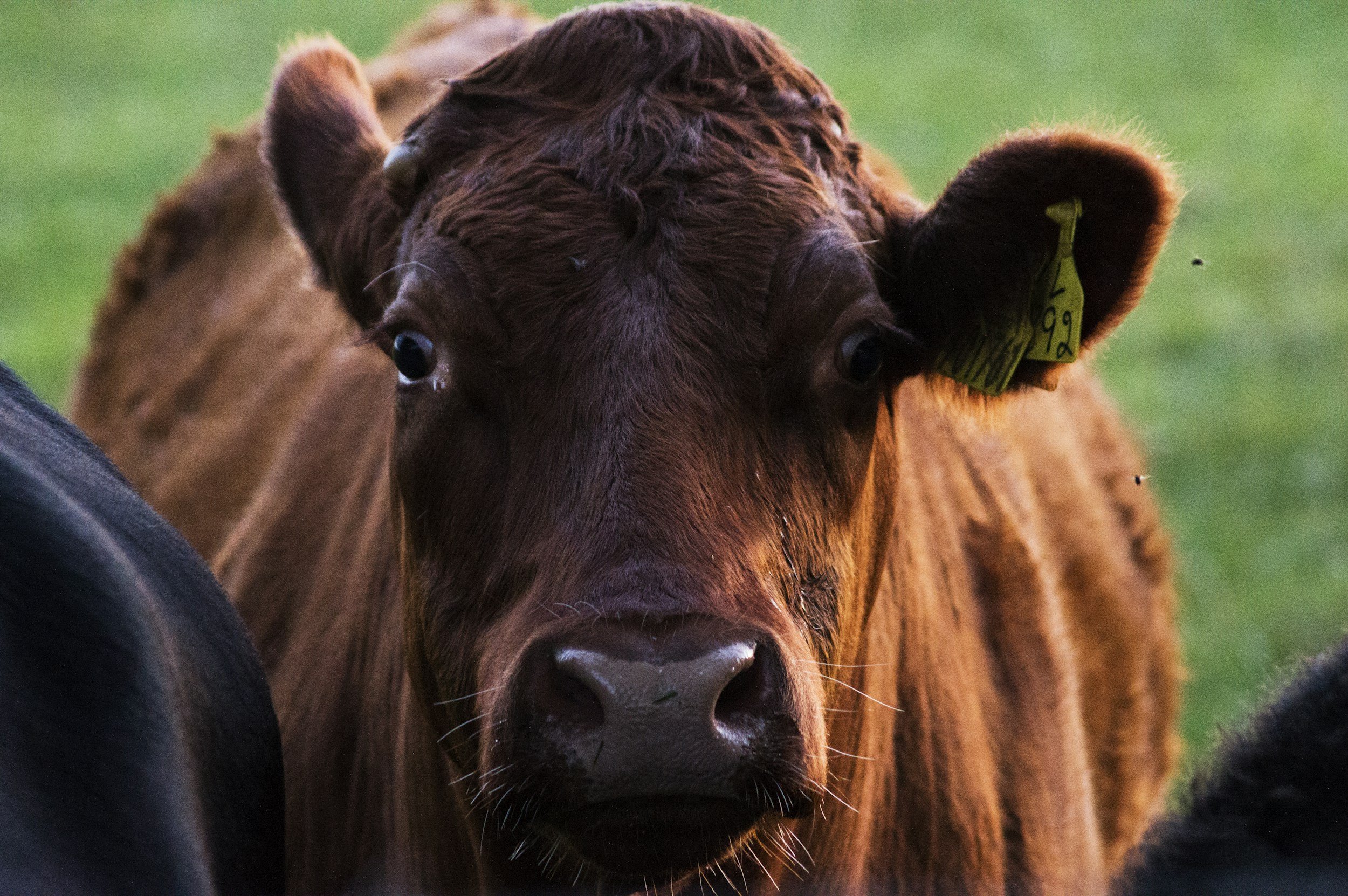
How AI is helping us understand animal behaviour (COSMOS)
Researchers are developing AI-powered monitoring systems at the Casino Food Co-op in New South Wales, Australia, to automatically track cattle behavior and welfare through video surveillance, with the technology able to detect activities like standing, walking, drinking, and signs of lameness. The system, which will become mandatory at Australian meat processors by 2026, aims to transform animal welfare assessment by providing objective data to veterinarians and managers while overcoming the challenges of manual monitoring of large numbers of similar-looking animals in groups.
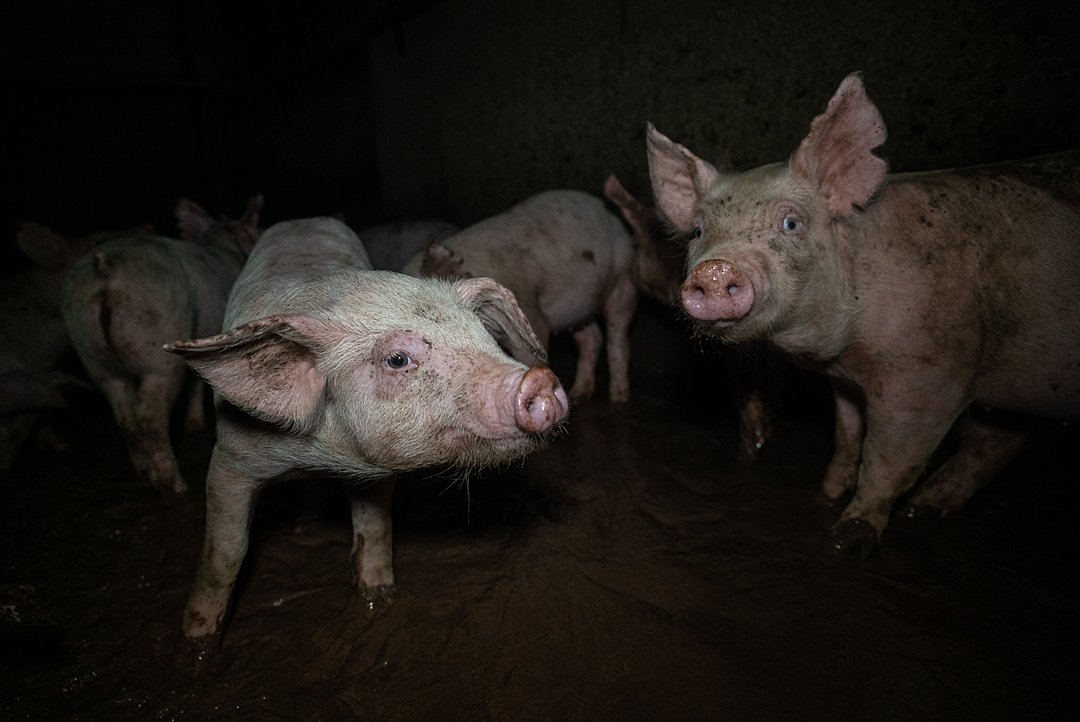
Could AI be key to solving the piglet mortality problem? (National hog farmer)
Researchers have received a $1 million grant to develop an AI camera system that will monitor piglets 24/7 to identify which ones aren't getting enough milk from nursing sows, as larger litter sizes mean some piglets can't access teats and may die before weaning. The system will help farmers intervene early with struggling piglets and measure milk production from individual teats, aiming to reduce piglet mortality and improve both animal welfare and farm productivity.
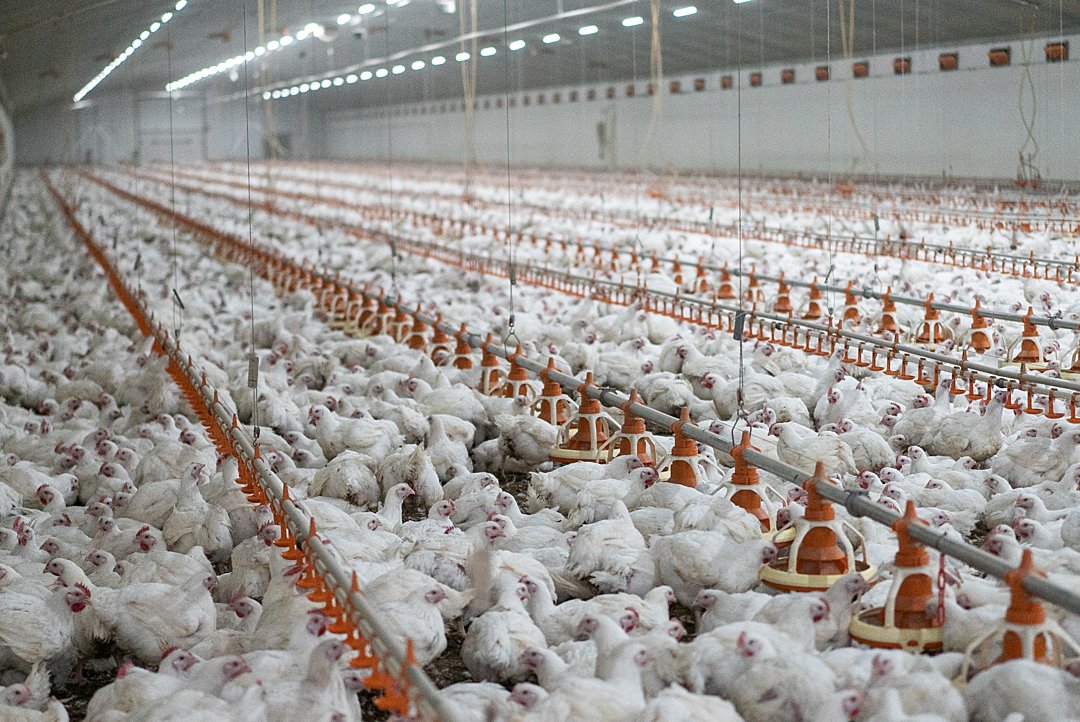
7 new broiler and turkey products from Eurotier 2024 (WATT Poultry)
Two AI-powered camera systems for poultry farms were unveiled at Eurotier 2024: VetVise processes images directly on the farm to monitor bird health and behavior without needing internet access, while wolution's system can identify specific objects or issues in both live poultry houses and microscope slides, giving farmers immediate updates about their flocks' conditions. Both systems work 24/7 in any lighting condition, helping farmers track and respond to issues in their poultry houses in real-time.
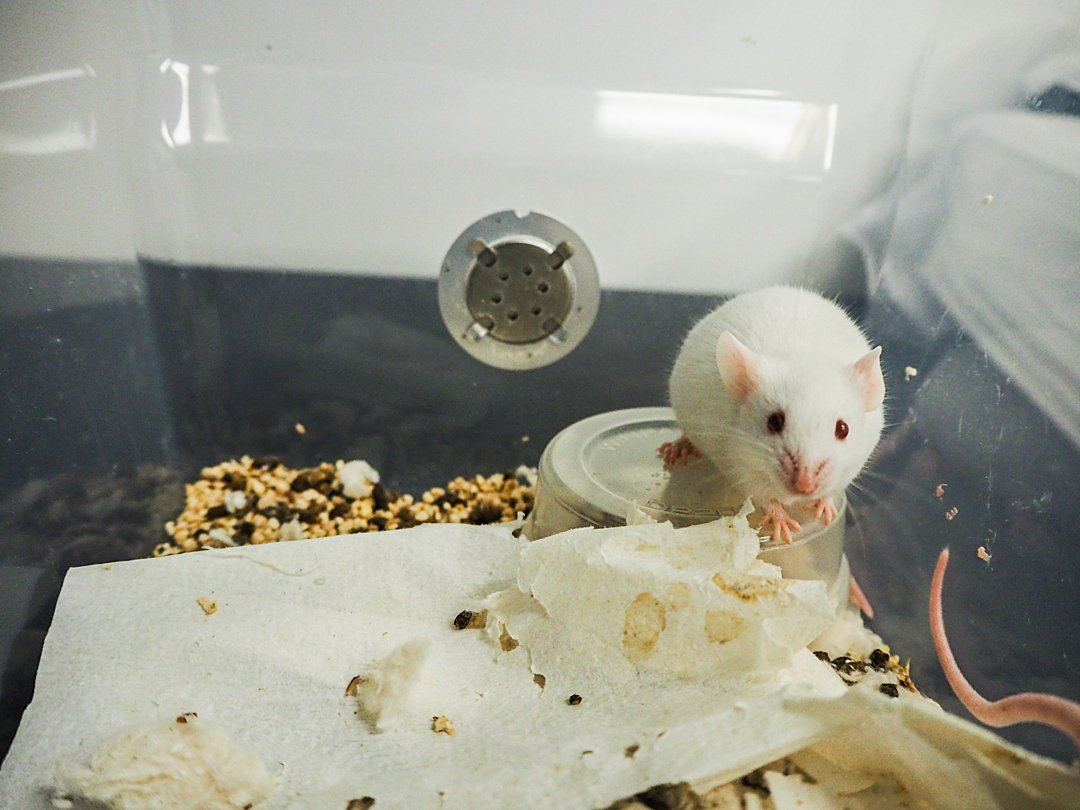
Robotic rat uses AI to befriend real rodents (New Scientist)
Scientists have developed a robotic rat on wheels that uses artificial intelligence to learn how to play and fight with real rats, successfully integrating itself into rodent social interactions. The AI-trained robot, developed by researchers at the Beijing Institute of Technology, is designed to look, move, and even smell like a real rat, making it a potentially important tool for studying rat behavior in laboratory settings and possibly providing companionship to lab rats.
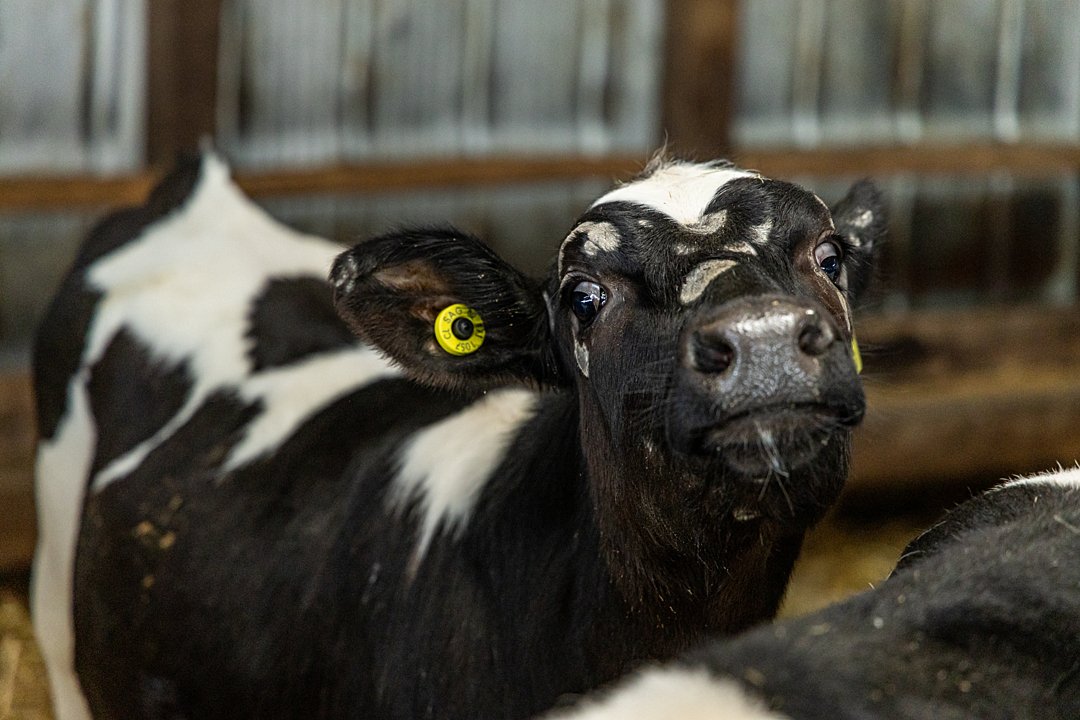
Alliance Group launches AI meat quality insights for farmers (Farmers Weekly)
Alliance Group has implemented artificial intelligence-powered MEQ (Meat Eating Quality) technology across its plant network, using probes that analyze intramuscular fat in lamb and marbling in beef to provide real-time quality insights to farmers. Through a bespoke dashboard, farmer-shareholders can access this data to make informed decisions about breeding, feeding, and livestock management, while the company aims to ensure premium meat quality and enhance consumer experience.
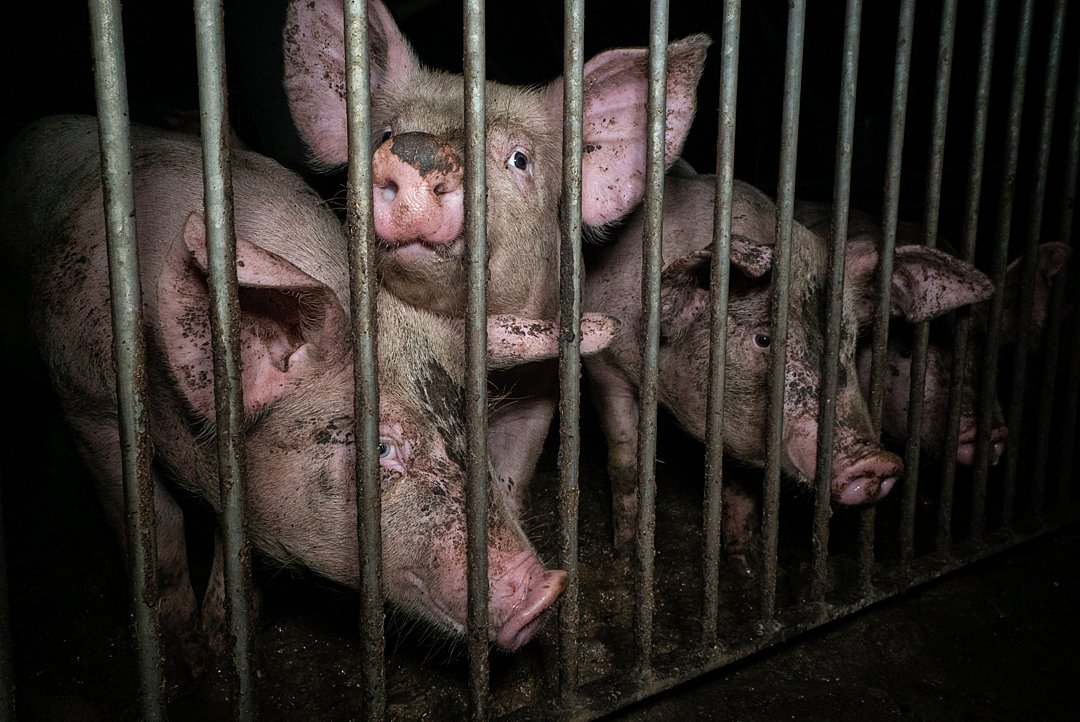
Researchers turn to AI to optimize hog selling (National Hog Farmer)
UC Riverside researchers have developed an AI model that helps pig farmers decide the optimal time to sell their hogs, recovering about 22% of profits typically lost through traditional decision-making methods. The AI analyzes multiple factors like animal weights, pork prices, feed costs, and contract obligations to make better selling decisions than farmers who usually focus on immediate profits rather than long-term gains. While the system was specifically tested with hog farming, the researchers believe similar AI tools could help optimize decisions across other agricultural and retail sectors where timing and inventory management are crucial.
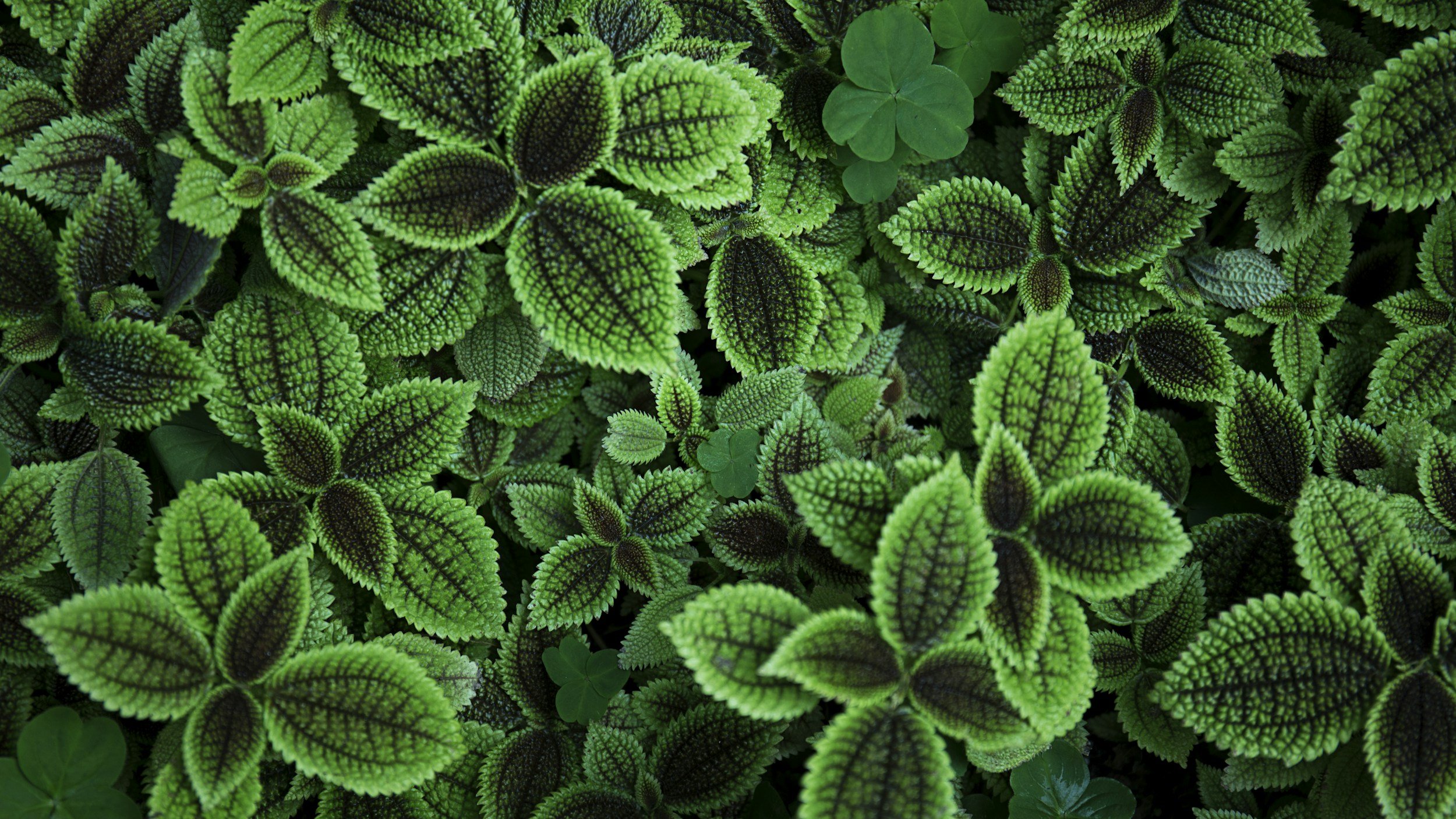
Shiru’s CEO discusses ‘revolutionary possibilities’ of its protein AI platform (Food Dive)
Shiru's AI platform Flourish contains the world's largest database of natural proteins from plants and microbes, using machine learning to identify proteins with specific functional characteristics like solubility, pH stability, and taste performance. The company's technology helps food manufacturers fast-track the discovery and development of novel protein ingredients, cutting traditional development timelines from up to 15 years down to just 1-2 years. By focusing on finding and validating natural protein alternatives, Shiru aims to help food companies meet growing consumer demand for sustainable, plant-based products while maintaining the functionality and taste characteristics that consumers expect.
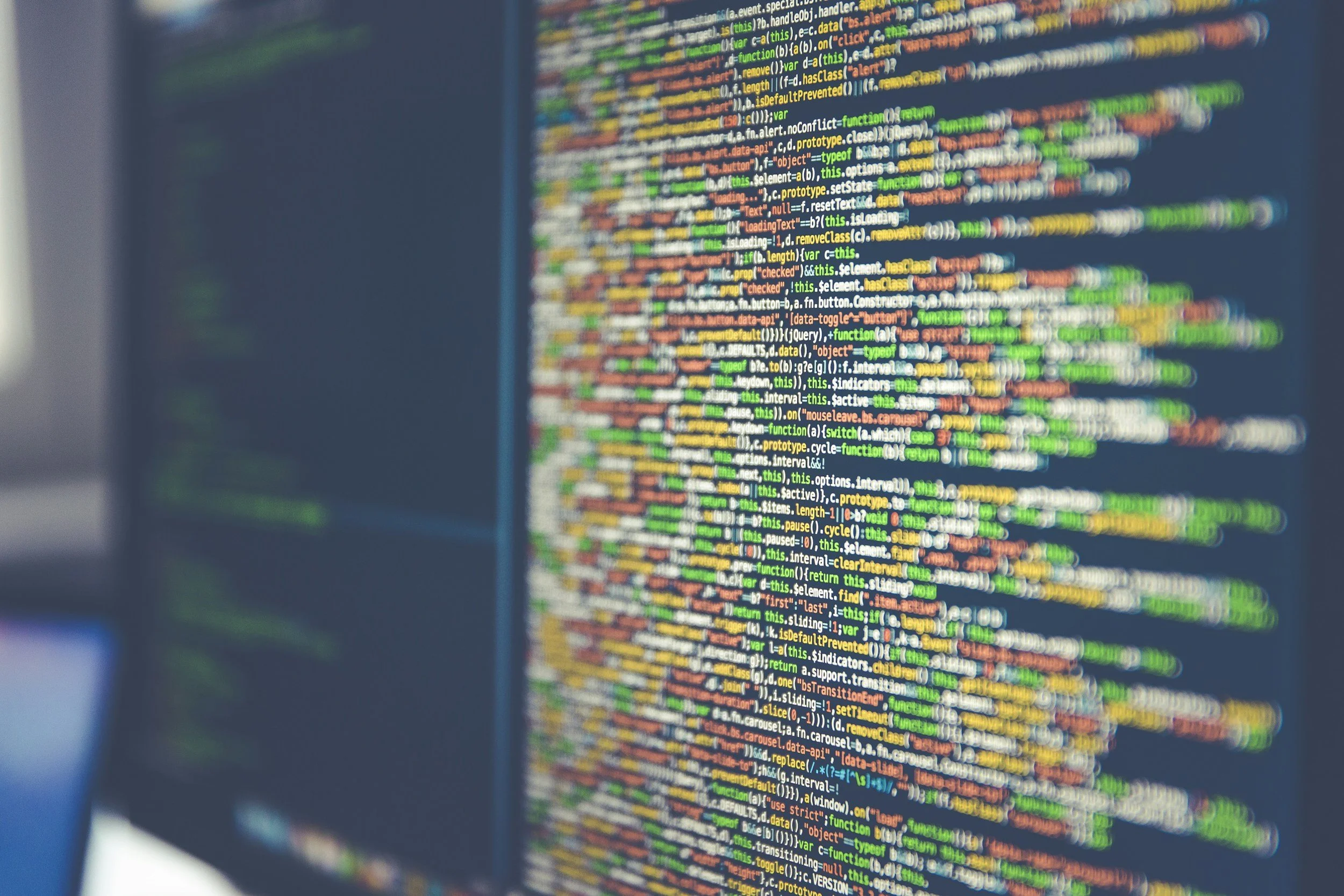
UK Startup Develops AI Software to Help Alt-Protein Industry Scale Up Faster & Lower Costs (Green Queen)
New Wave Biotech has created an AI tool that helps alt-protein companies test and optimize their production processes virtually, cutting what typically takes months down to just hours. Instead of spending tens of thousands on real-world trials, companies can now run unlimited simulations for about $100 per month to figure out the best way to scale up their production.
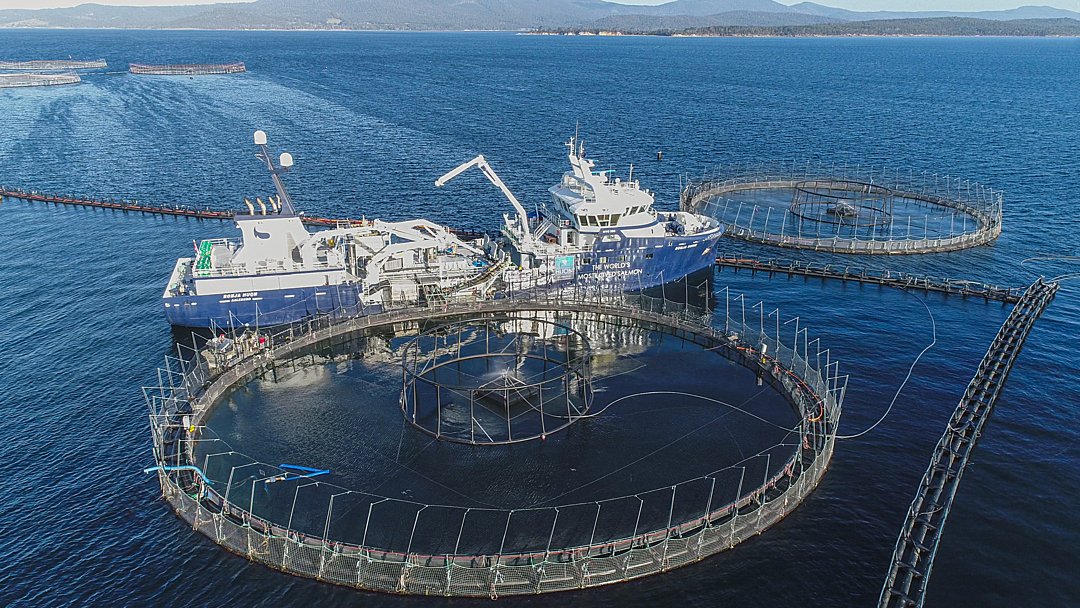
To compete globally, Europe’s seafood farmers may get boost from AI research (KTH Royal Institute of Technology)
KTH Royal Institute of Technology is developing AI-powered solutions to help European seafood farmers compete globally, including underwater drones adapted for cold Nordic waters that can monitor seaweed beds and fish farms. The technology aims to reduce operational costs by replacing expensive manual labor with automated systems, such as AI-enabled drones that navigate submerged ropes and smart feeding systems that listen to fish eating patterns. The institute reports that these innovations are particularly crucial for European aquaculture to compete with large-scale operations in countries like China, where labor costs are lower and farms can operate at massive scales of up to 1,000 hectares.
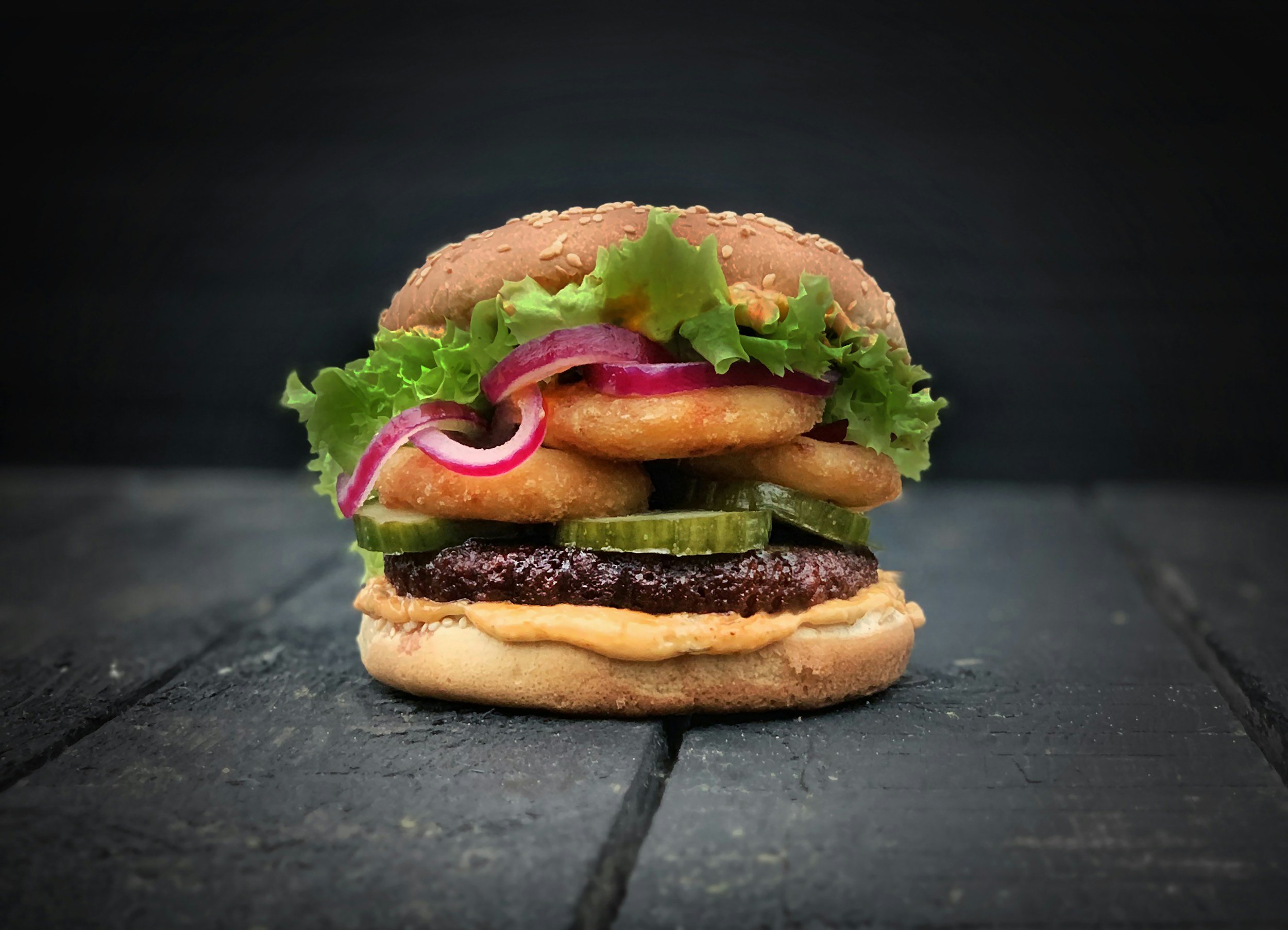
Shiru raises $16m series B to expand AI-powered ingredient discovery platform (AgFunder News)
Shiru has raised $16 million to expand its AI-powered platform for discovering novel alternative proteins. The company's ProteinDiscovery.ai tool allows users to search a database of over 33 million molecules to find plant-based proteins that can mimic animal proteins or provide specific functionalities like emulsification. Shiru's first in-house ingredient, OleoPro, combines plant proteins with liquid oils to create structured fats that can replace animal fats, demonstrating the platform's potential for developing innovative alternative protein products.
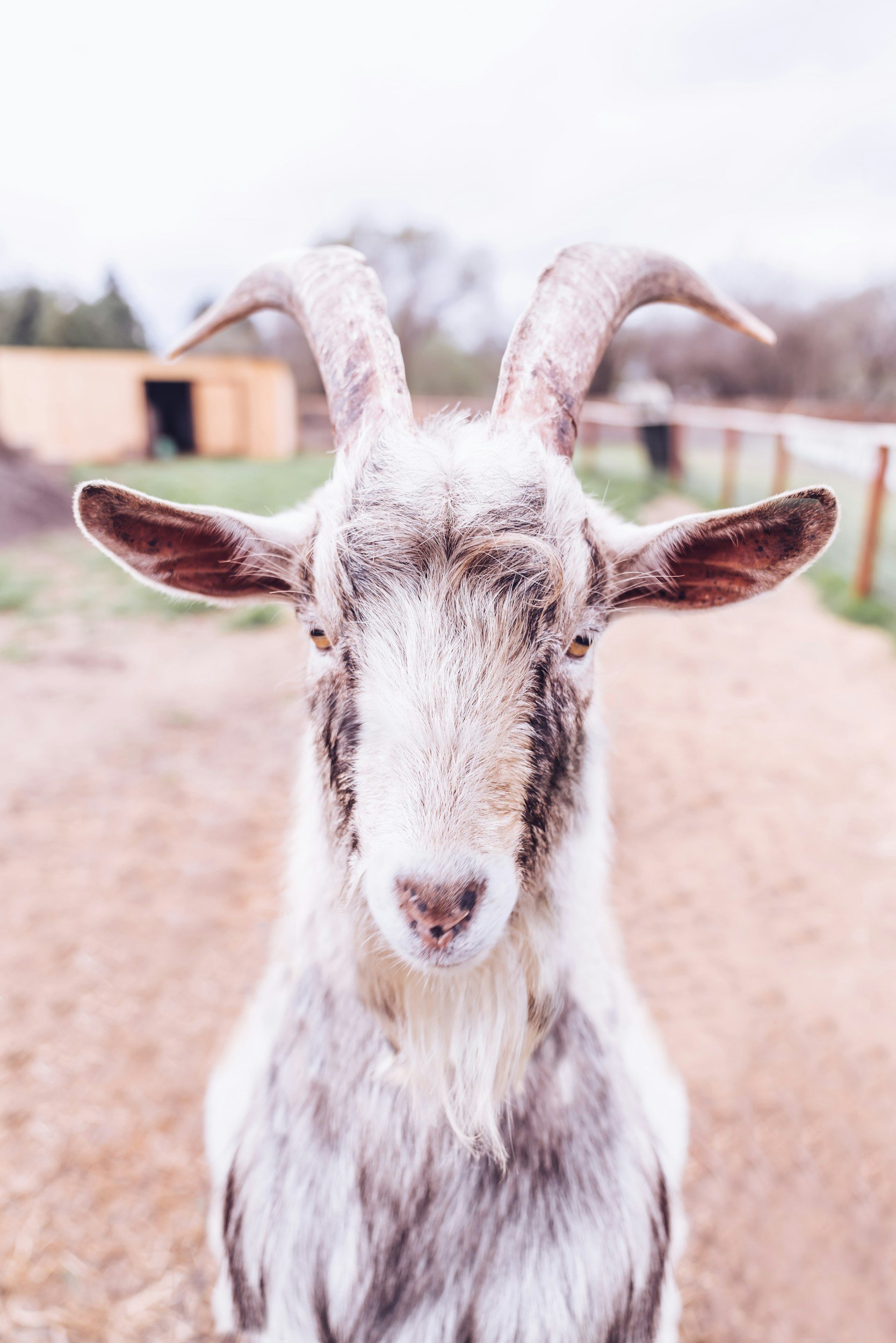
Scientists teach AI to recognise when a goat is upset (The Independent)
Scientists have developed an AI system that can recognize when goats are in distress by analyzing video footage of their facial expressions. The system, which the researchers claim is 62-80% accurate so far, could improve animal welfare and potentially inform care for non-verbal humans like children. Researchers hope to expand the AI's capabilities to other animal species and increase its accuracy with more training data.
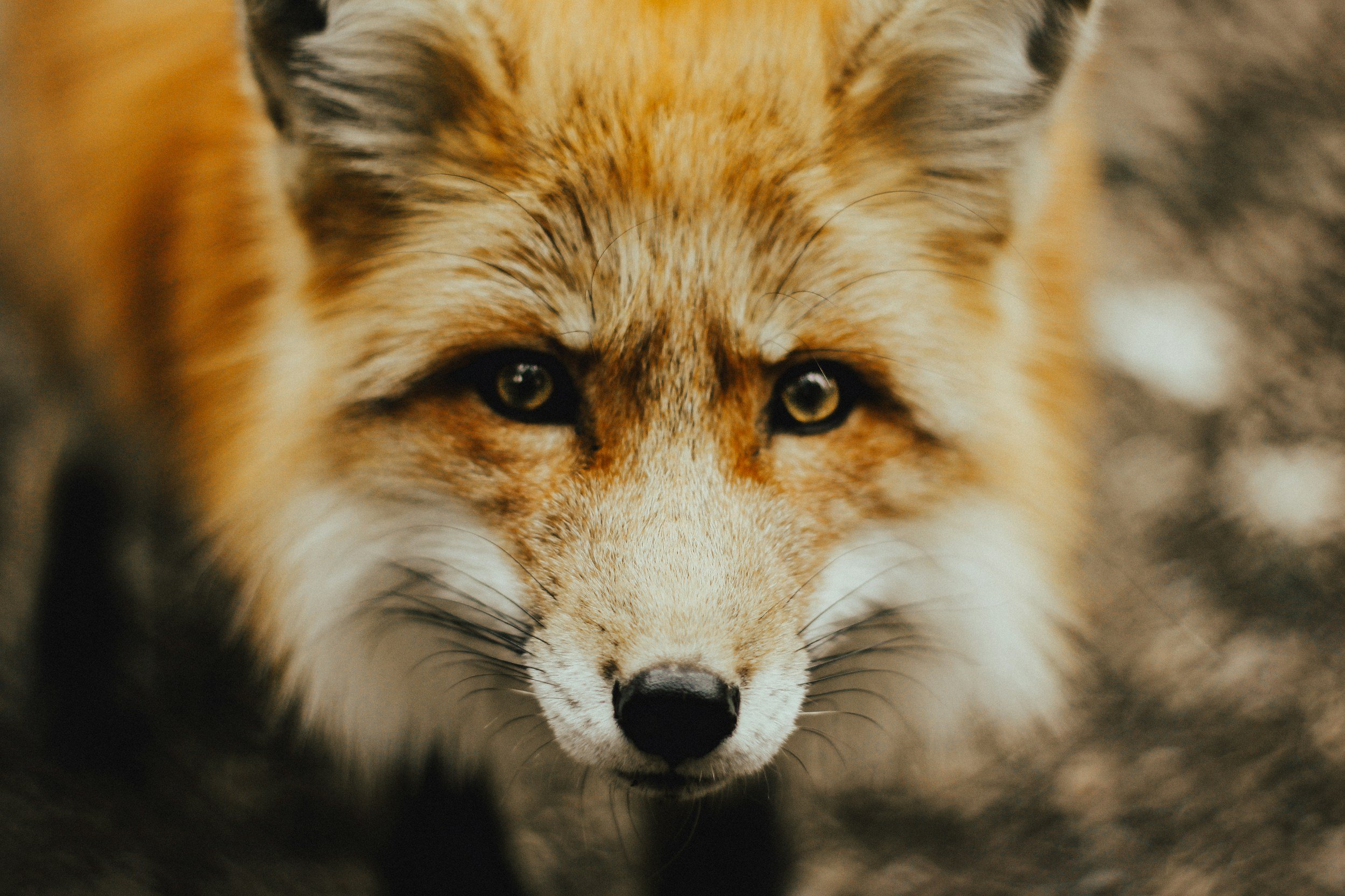
Advancing biodiversity monitoring with a network of automated wildlife cameras (Phys.org)
Researchers have developed an automated wildlife monitoring system using AI-powered cameras in a Dutch nature reserve. The system uses solar-powered cameras to continuously capture images, which are wirelessly transmitted to a database and analyzed by AI models to identify species like rabbits, foxes and deer. This AI-driven approach reduces manual image analysis time and is projected to be 43% cheaper than traditional monitoring methods over a 10-year period.
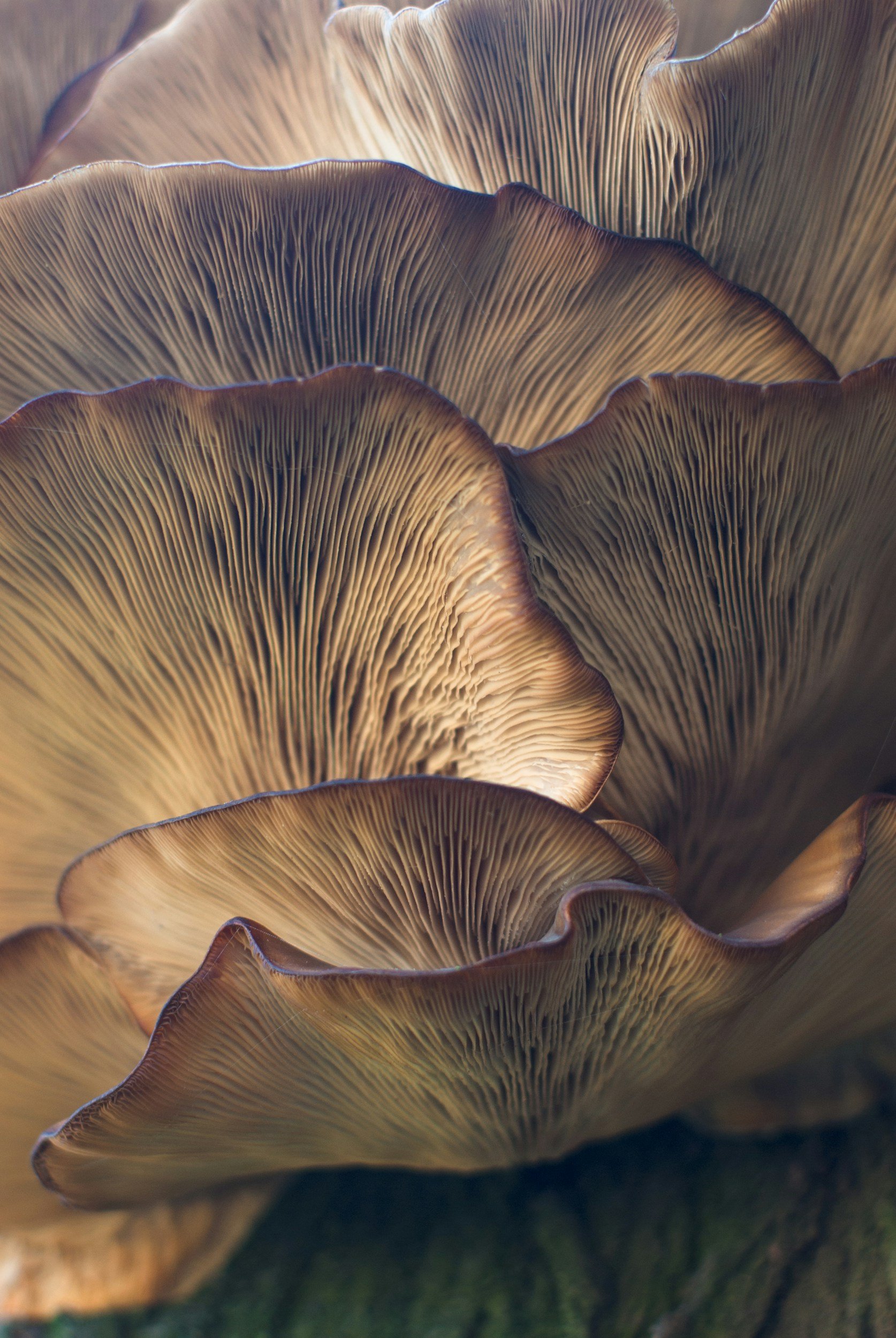
Nordic Upcycled Mycelium Startup Enters Japan’s Increasingly Attractive Alternative Protein Market (Green Queen)
Norwegian Mycelium (NoMy) has launched MycoPrime, an AI-driven upcycling service in Japan that uses data science to optimize food waste reduction efforts. The service helps agrifood companies find optimal ways to use their sidestreams, minimize waste and emissions, and develop sustainable fungi-based products through co-located production facilities. By leveraging AI and data analytics, MycoPrime aims to de-risk and scale up sustainable upcycling solutions in Japan's food industry.
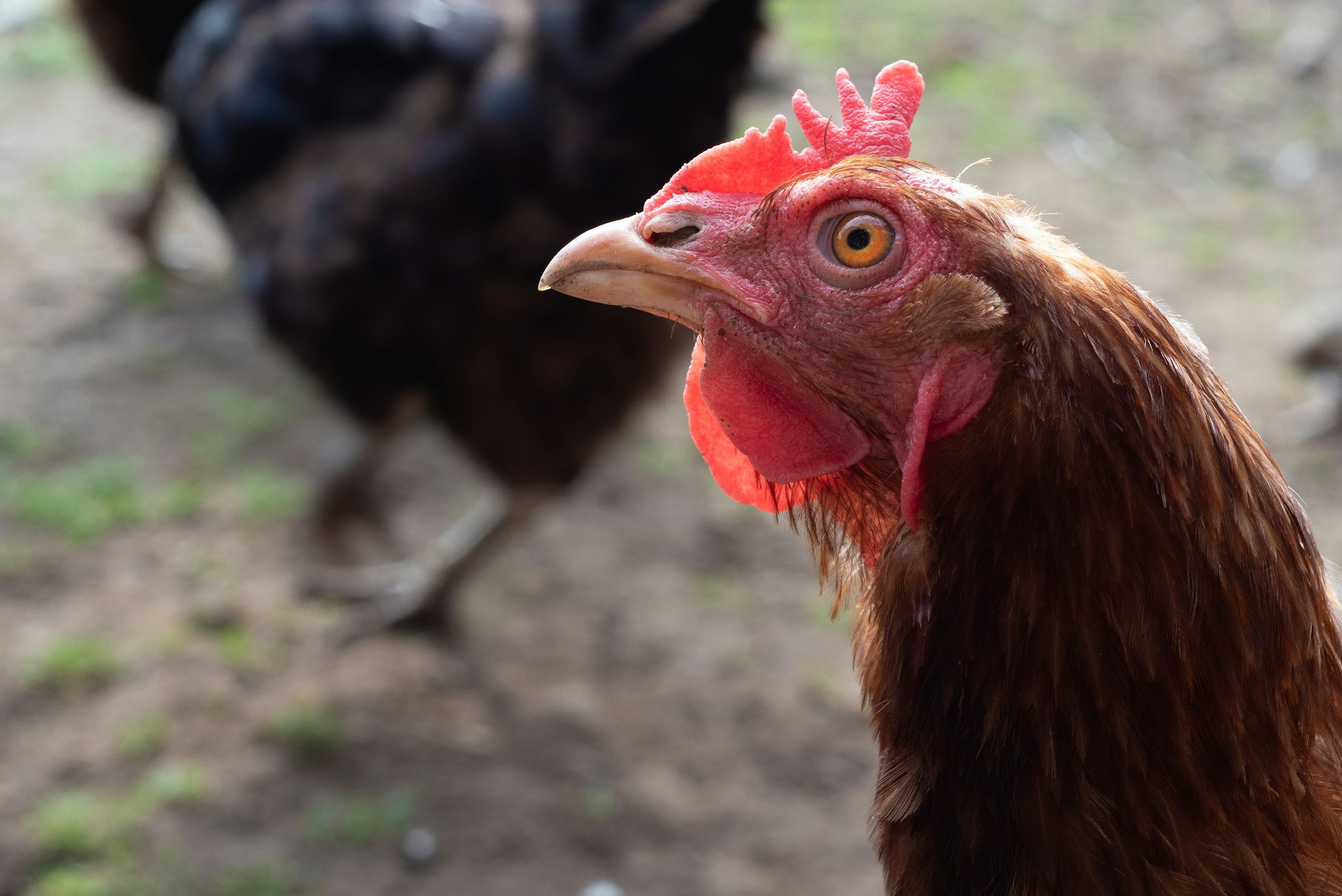
Funding boost for UK projects to improve poultry welfare (Poultry News)
The UK government is granting £4.5M to researchers exploring AI’s applications in poultry production. The FeedFlow and NetFLOX360 partnership projects seek to use AI models to alert farmers instantly when they spot concerning changes in flock behavior or health metrics, rather than waiting for routine inspections to discover issues. By connecting data between farms and processing plants, they also seek to help track how on-farm conditions affect the final quality of the birds – letting farmers adjust feed, temperature and other factors more precisely.
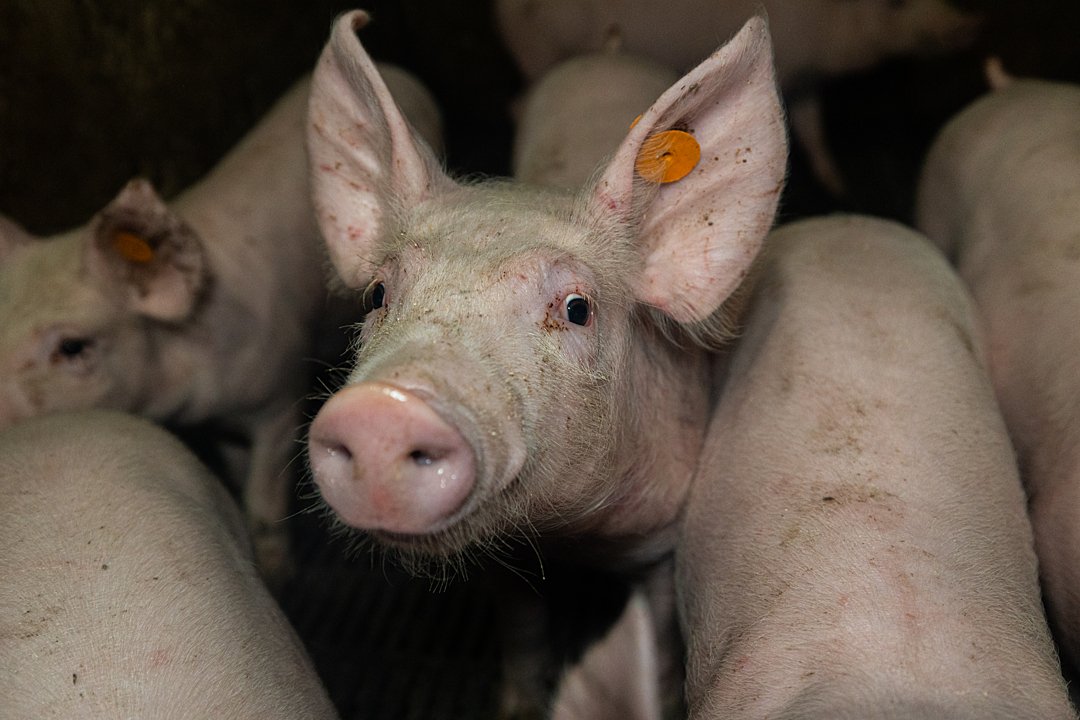
Proactive Pig Project to use AI data to help manage barn conditions (National Hog Farmer)
The Proactive Pig Project (P3), funded by a $1B NIFA grant and led by NC State's Wang-Li, aims to use AI to revolutionize barn environment management by analyzing individual pig biometric data. The project brings together 11 researchers across three universities to develop an offline AI system that will proactively adjust barn conditions based on real-time pig stress levels and individual needs, potentially addressing the $900M in annual losses the US swine industry faces from suboptimal growth conditions.
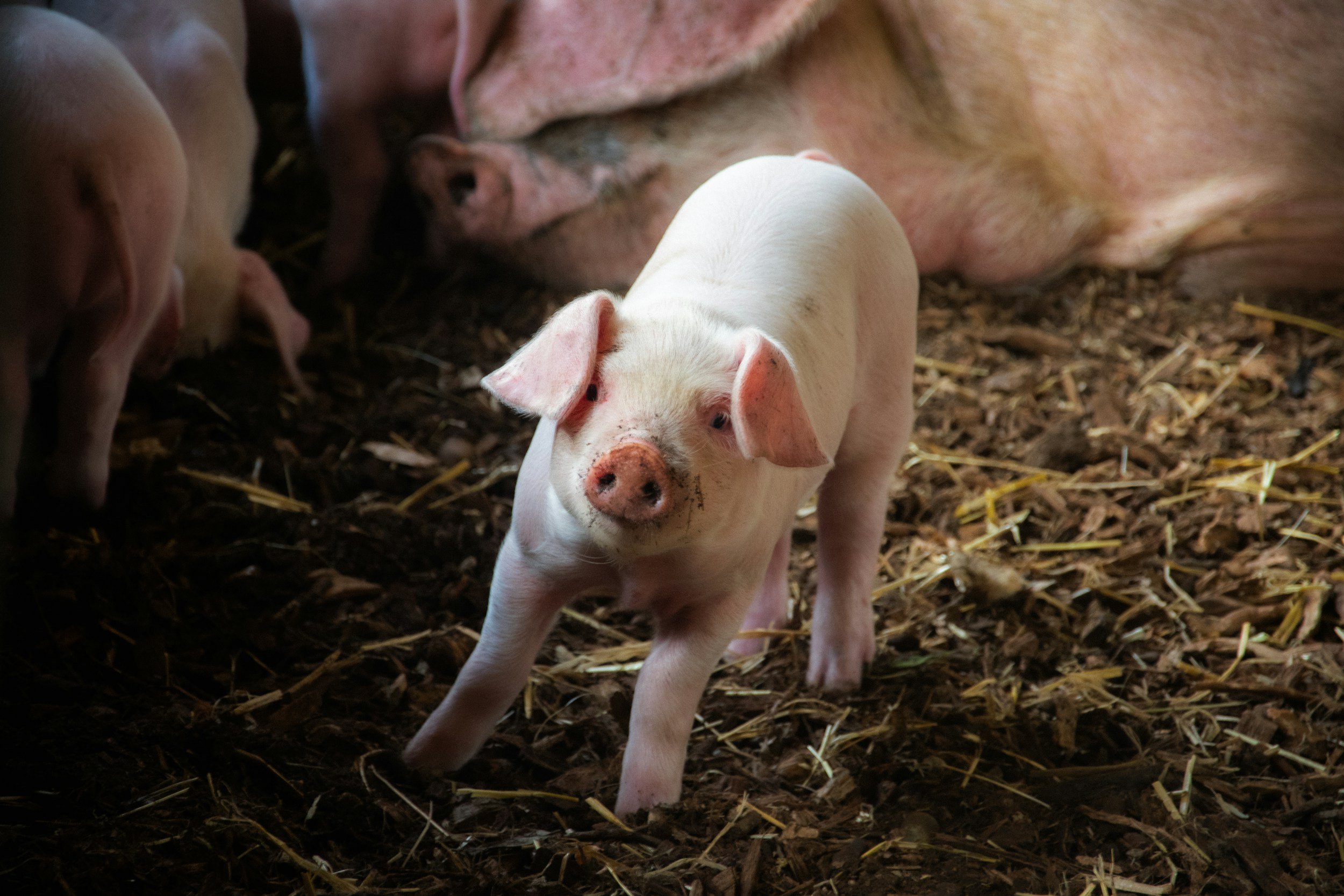
Irish and US researchers using AI to improve piglet survival rates (Agriland)
Researchers from Ireland and the U.S. are using AI to improve piglet survival by monitoring feeding behaviors and optimizing husbandry practices. AI-driven computer vision systems will capture round-the-clock data on piglets and sows, allowing researchers to detect early signs of at-risk piglets, especially in free-lactation environments aimed at enhancing welfare. Funded by various government agencies, the project aims to reduce pre-weaning mortality, improve animal welfare, and create data for advancing nutrition and genetics research in pig production.
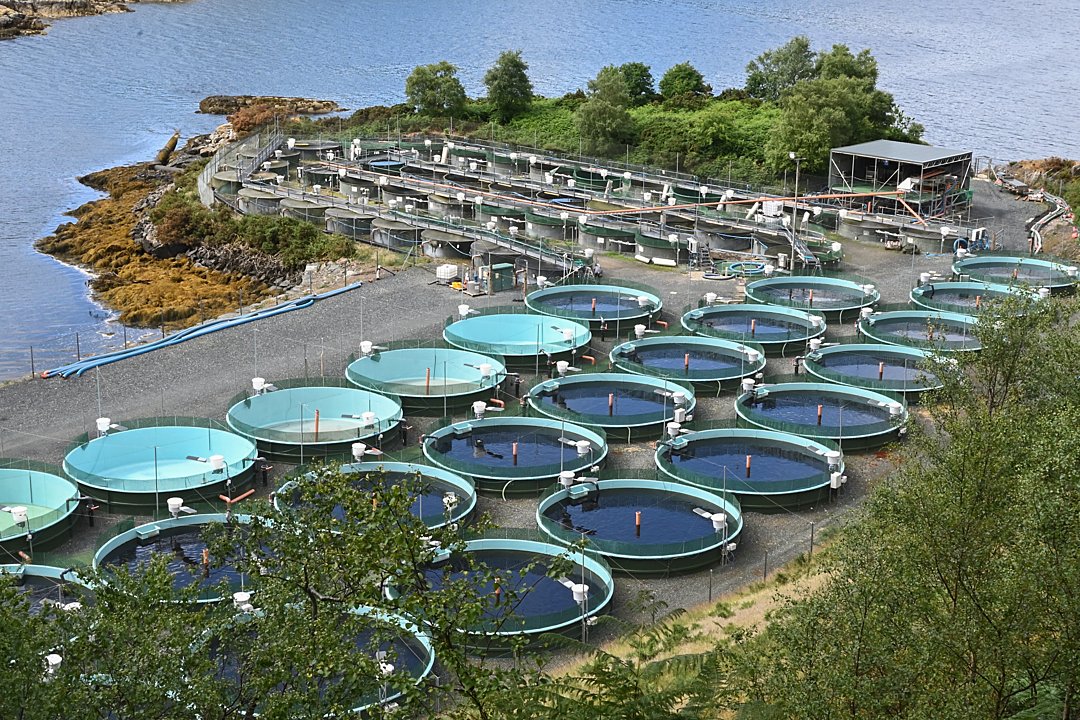
Power of AI could boost seafood industry's reputation (Seafood Source)
AI in the seafood industry is being used to monitor fish health by detecting diseases in aquaculture pens, track environmental conditions, and optimize feed usage, all of which improve animal welfare and resource efficiency. AI-driven systems also analyze trawling data in real time to reduce bycatch by releasing non-target species from nets. This technology is also applied in supply chain tracking to verify sustainability claims, all of which the industry hopes will boost their reputation.
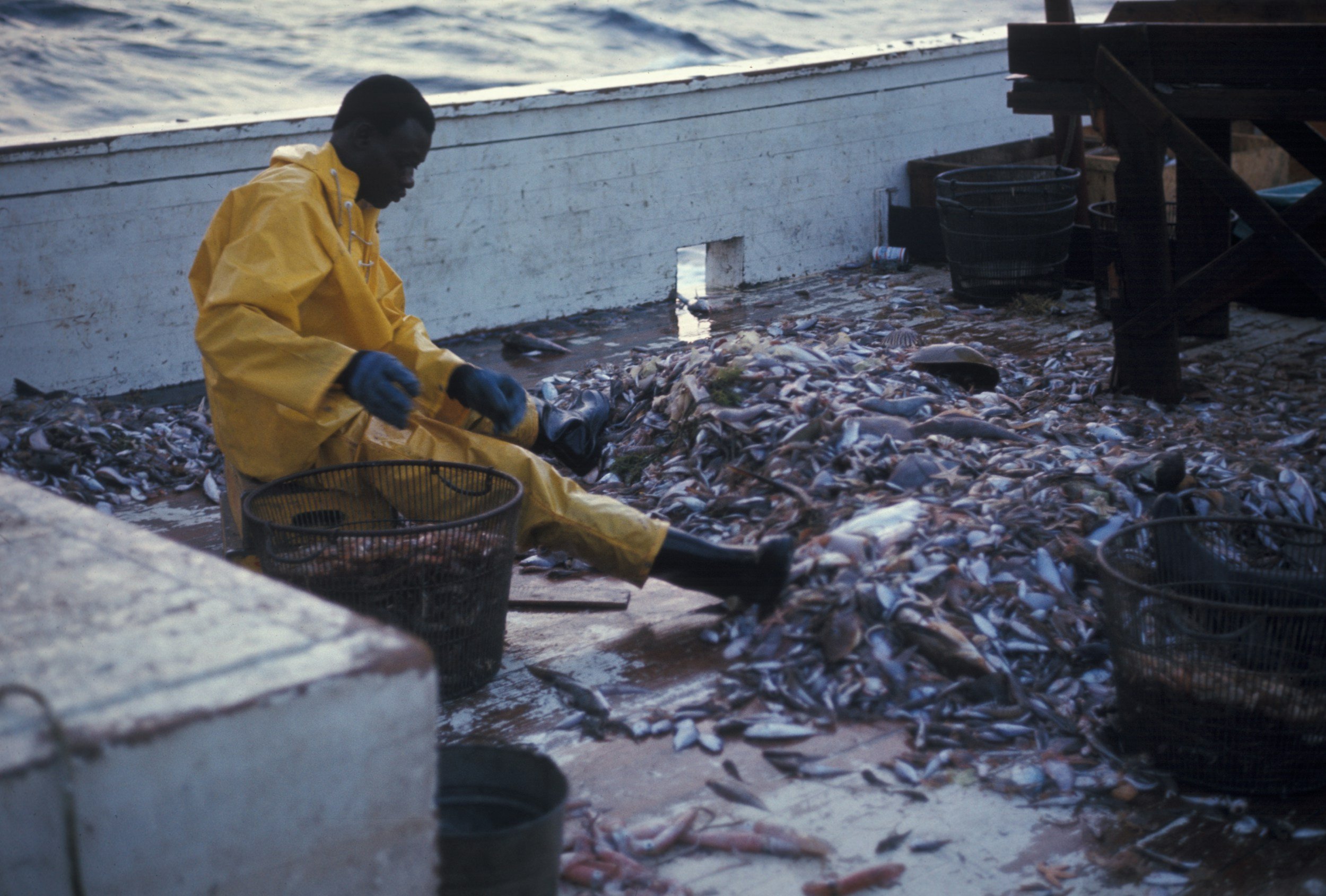
AI transforms fisheries with stocking, processing, and profit boosts (National Fisherman)
AI is increasingly being used in fisheries to improve efficiency and product quality, from stock assessments and bycatch monitoring to onboard processing systems. Companies like Carsoe are incorporating AI and machine learning to optimize processing steps and standardize product quality across vessels, while firms like ThisFish are using AI for supply chain traceability and quality control. These technologies aim to boost profits by enhancing fish quality and reducing operational inefficiencies, with potential benefits in both at-sea and land-based seafood processing.
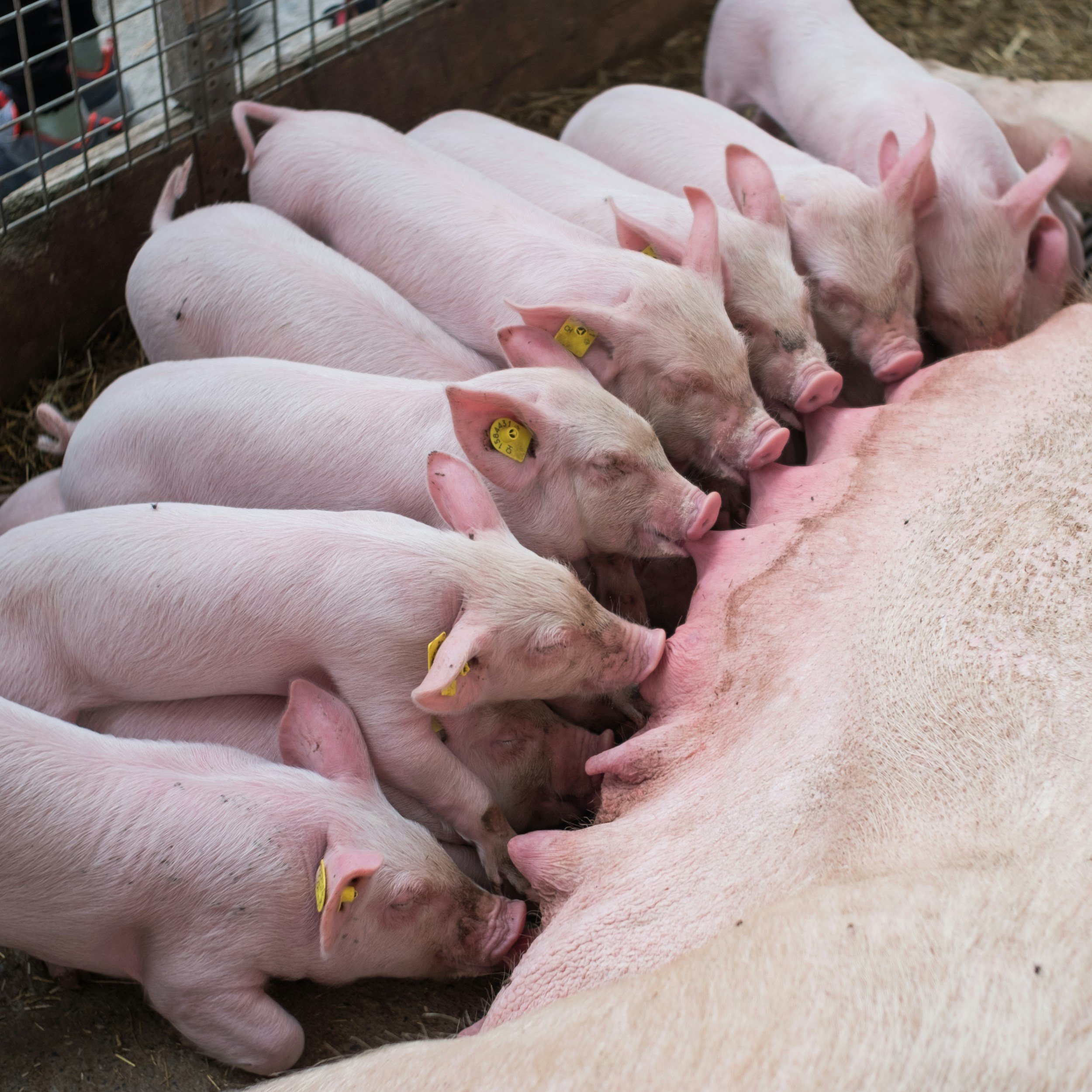
$1M NIFA grant to transform pig husbandry with AI (National Hog Farmer)
A research team led by Michigan State University has received a $1 million grant to develop AI-driven solutions to monitor piglet and sow behavior, aiming to reduce piglet preweaning mortality. The project uses computer vision to track piglet nursing patterns and teat function, providing data to improve husbandry practices and support research in areas like animal welfare and nutrition. The findings will help standardize practices and enhance piglet survival rates, with the potential for broader application across the pork industry.
You can find news articles from before October 2024 on our News Archive page.
